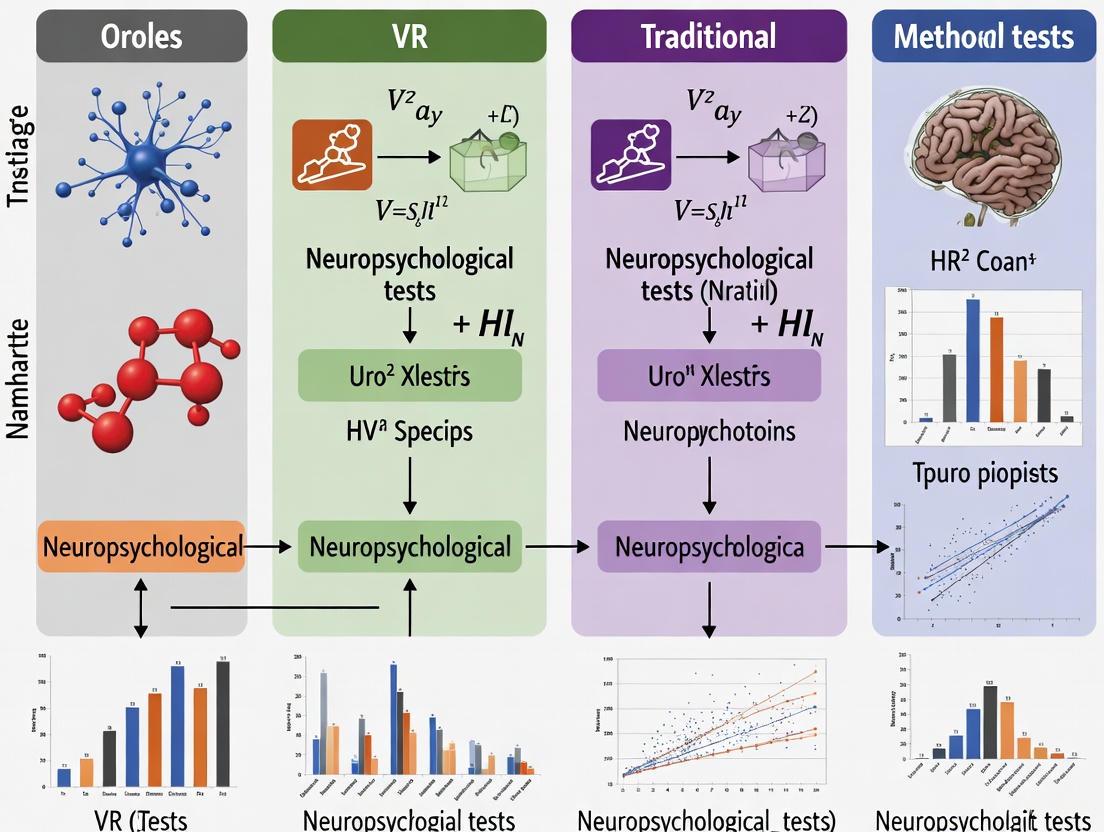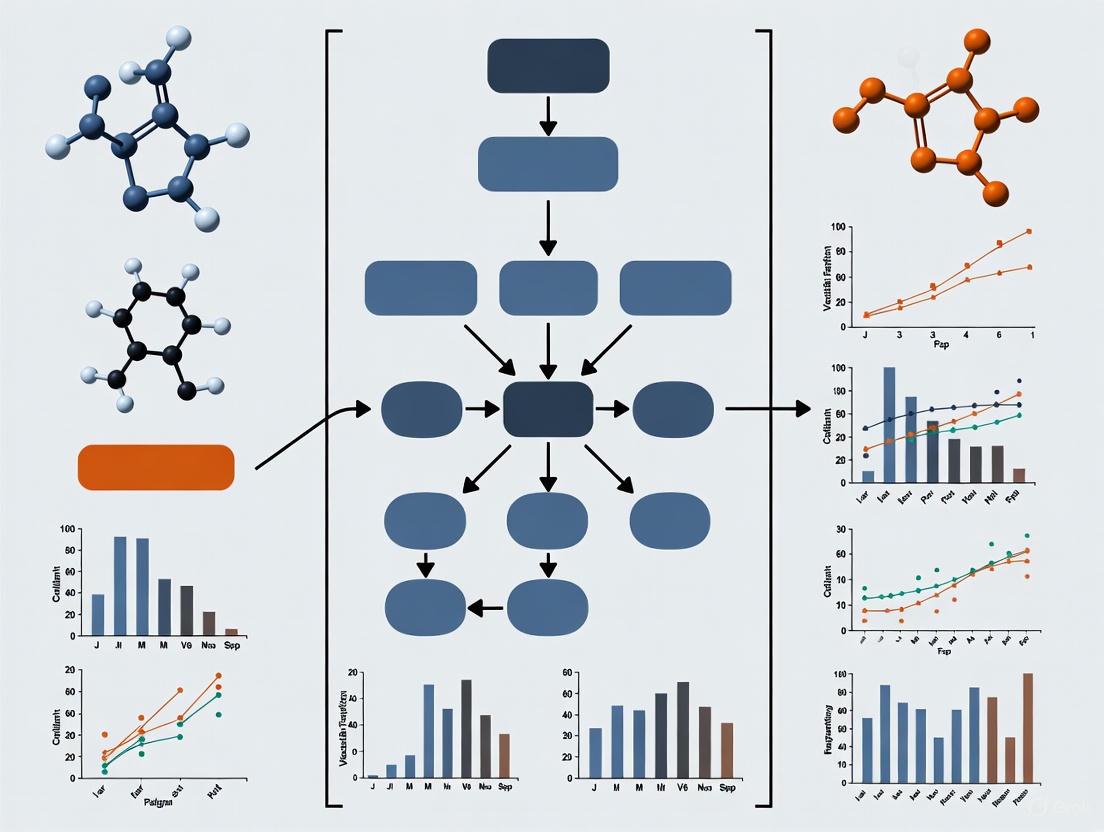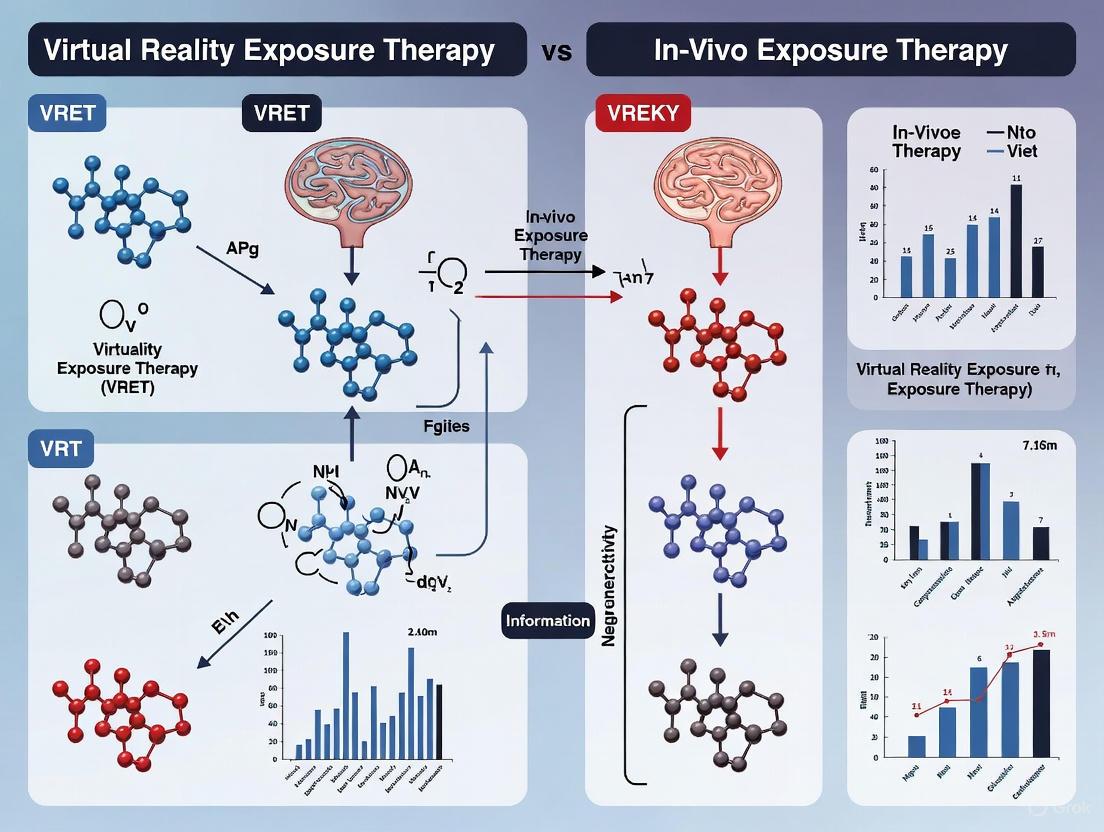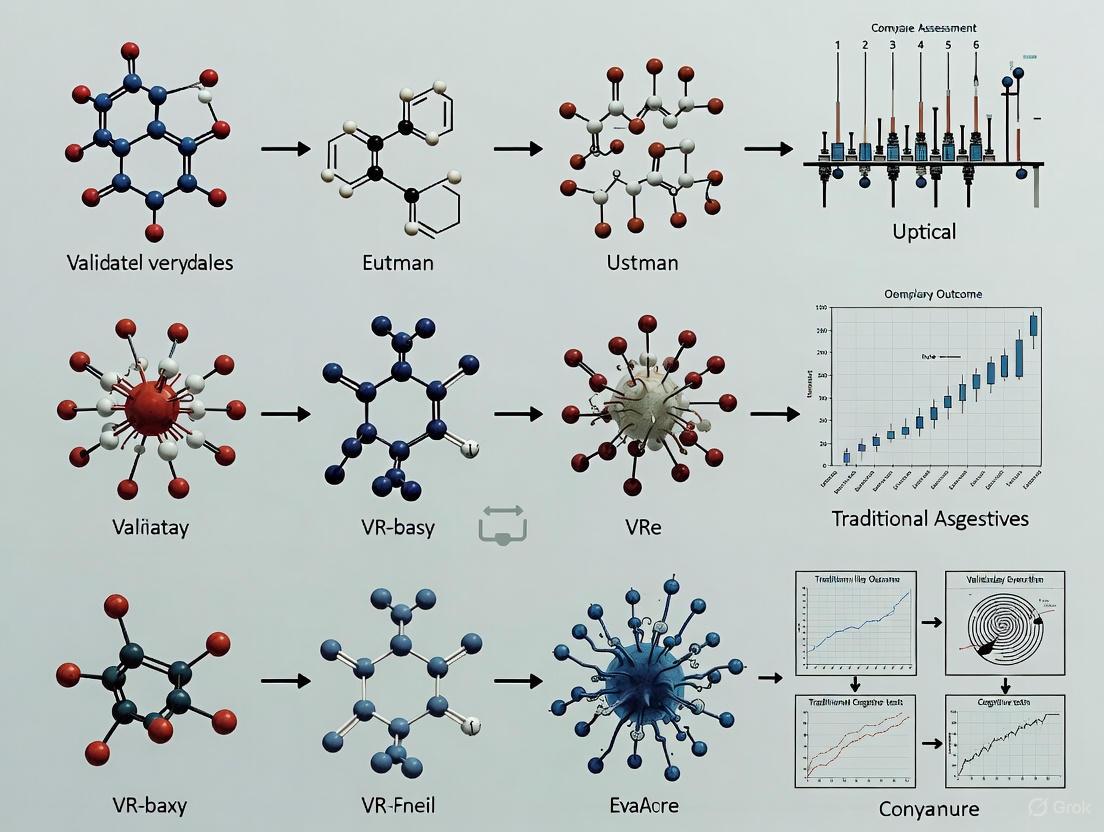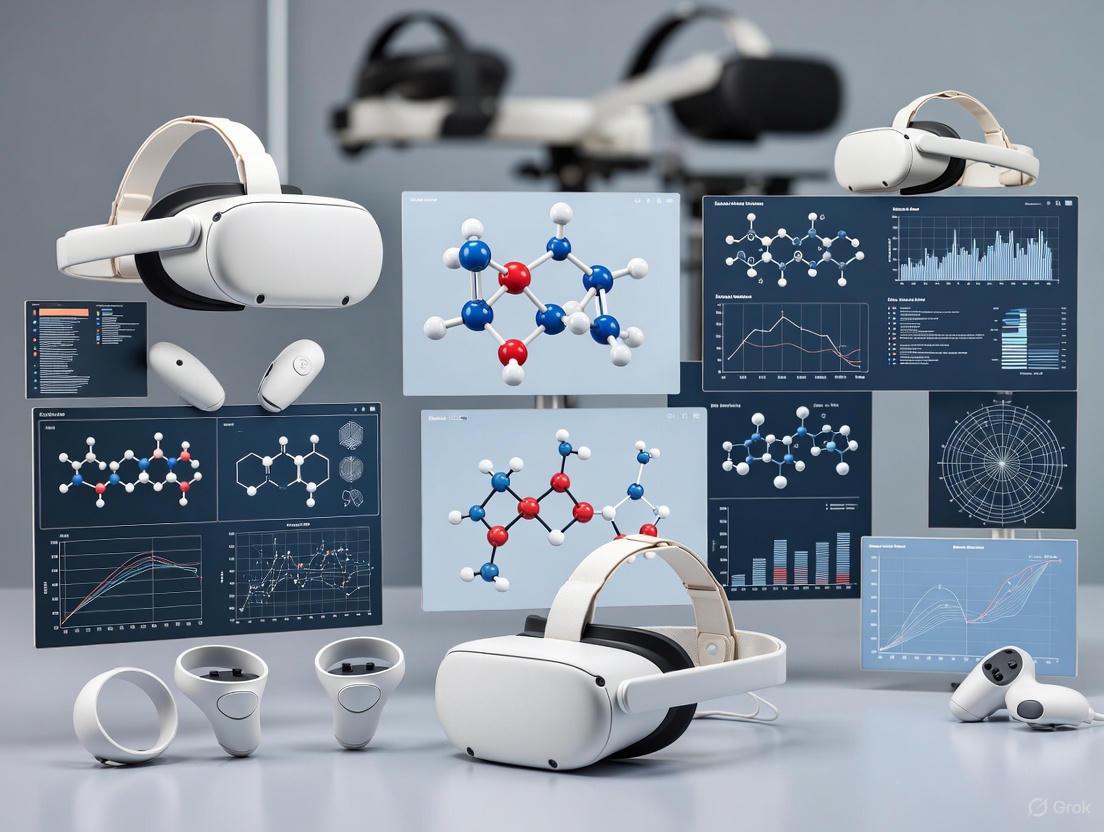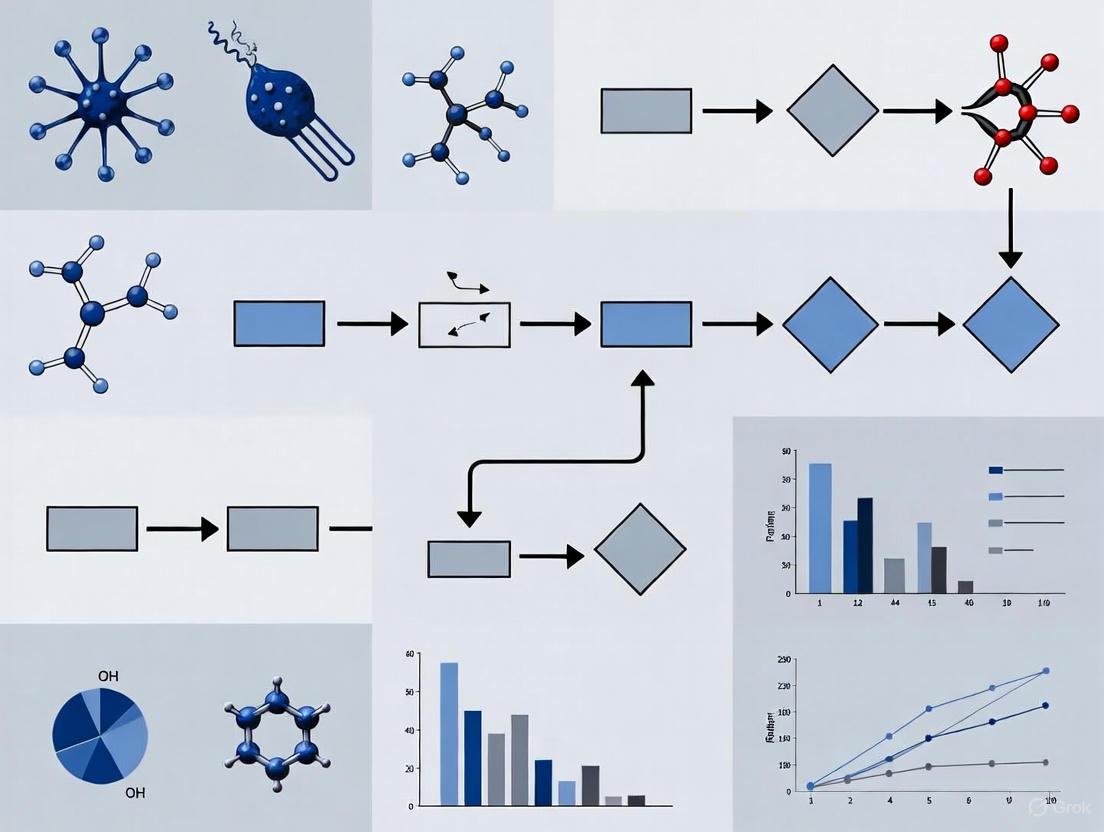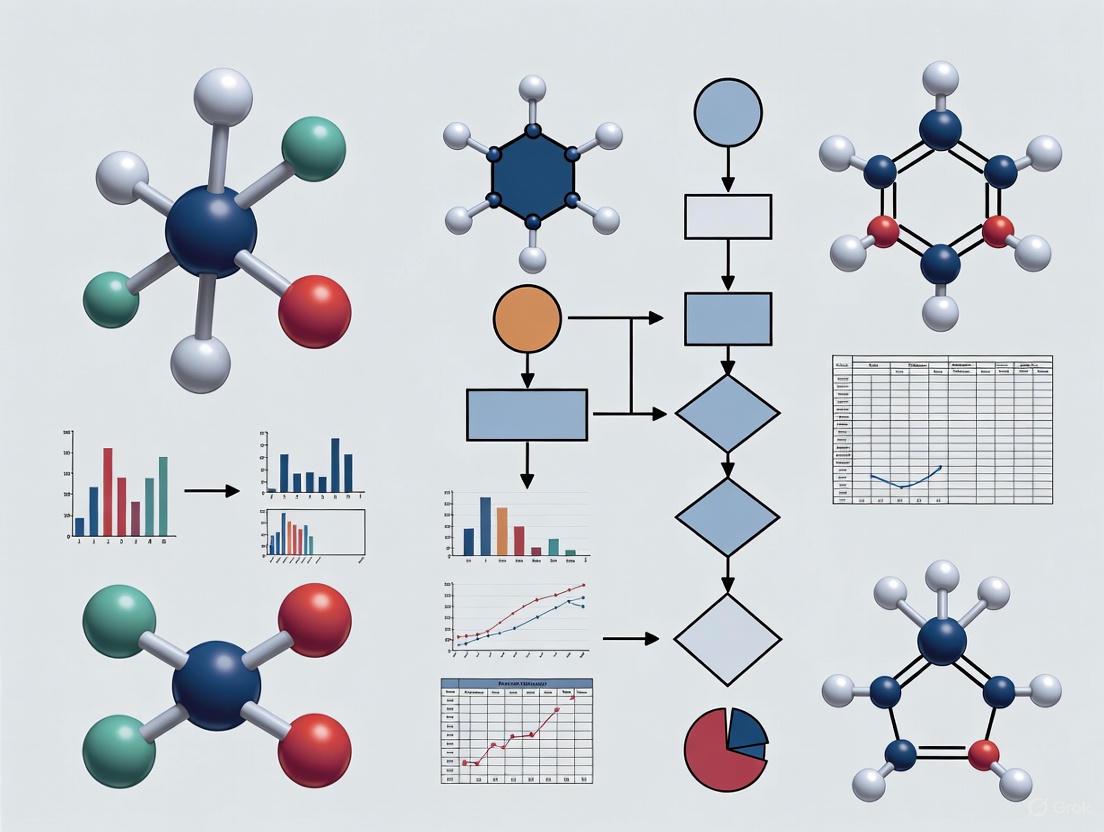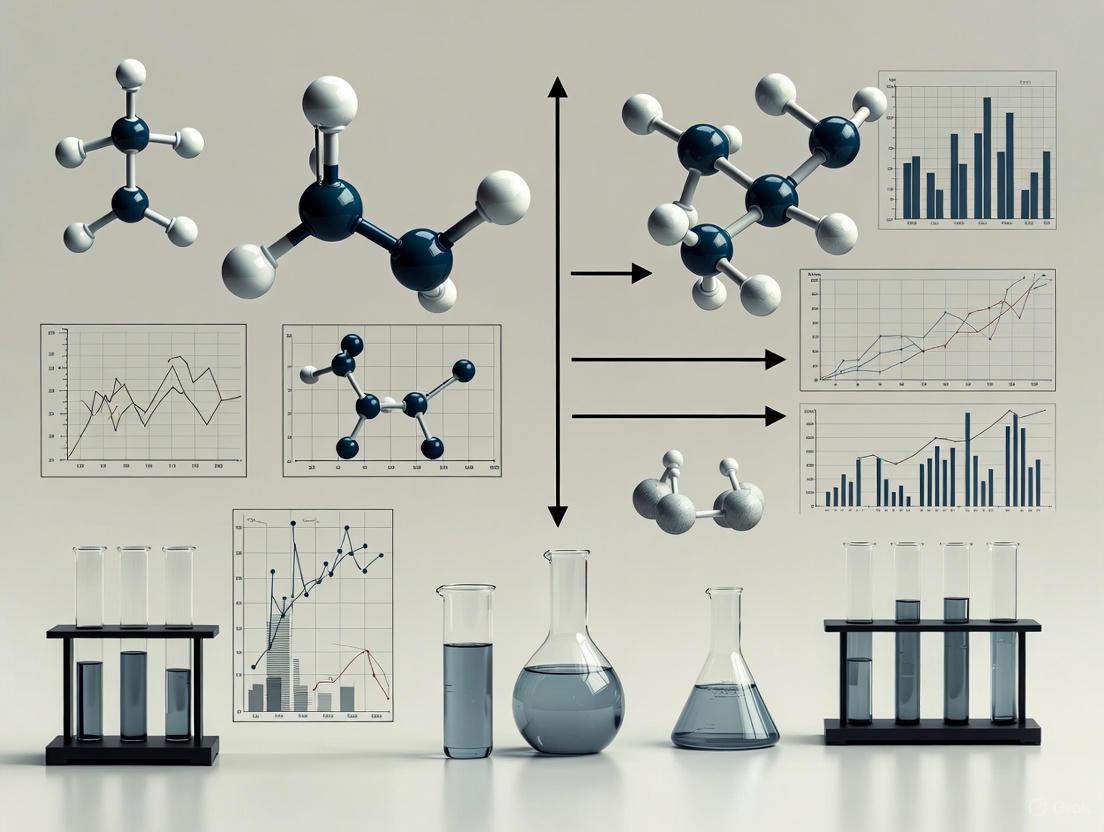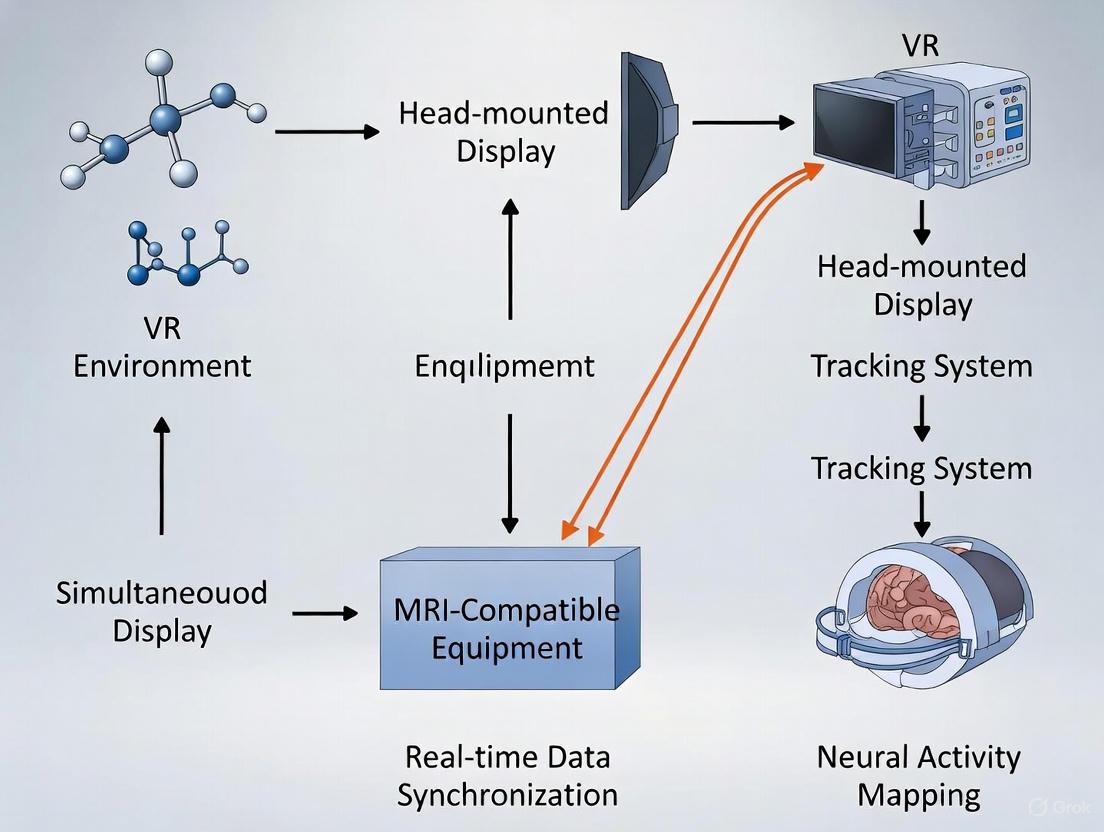Research Articles
Beyond the Clinic: How VR is Outperforming Traditional Neuropsychological Tests in Sensitivity and Ecological Validity
This article systematically compares the sensitivity and validity of Virtual Reality (VR)-based neuropsychological assessments against traditional tools like the MoCA and ACE-III.
Psychometric Validation of Immersive VR for Executive Function: A New Paradigm for Biomedical Research and Clinical Assessment
This article synthesizes current evidence and methodologies for the psychometric validation of immersive Virtual Reality (VR) assessments of executive functioning (EF), a critical cognitive domain for mental health and neurological...
VRET vs. In-Vivo Exposure Therapy: A Comparative Analysis of Efficacy, Applications, and Future Directions in Clinical Practice
This article provides a comprehensive analysis for researchers and clinical professionals on the comparative effectiveness of Virtual Reality Exposure Therapy (VRET) and traditional In-Vivo Exposure Therapy (IVET).
Validating the Virtual Reality Everyday Assessment Lab: Enhanced Ecological Validity in Neuropsychological Testing and Clinical Research
This article provides a comprehensive analysis of the validation of the Virtual Reality Everyday Assessment Lab (VR-EAL) against traditional paper-and-pencil neuropsychological batteries.
Individual Differences in VR Sickness Susceptibility: Mechanisms, Assessment, and Mitigation for Biomedical Research
This article provides a comprehensive analysis of individual differences in virtual reality (VR) sickness susceptibility, a significant barrier to the adoption of VR in clinical trials and drug development.
A Researcher's Guide to VR Hardware and Software for Behavioral and Clinical Studies
This guide provides a comprehensive framework for researchers and drug development professionals selecting virtual reality (VR) systems for behavioral research.
Optimizing User Experience in VR Neuropsychological Batteries: Strategies for Enhanced Ecological Validity and Clinical Adoption
This article synthesizes current research and best practices for optimizing user experience (UX) in virtual reality neuropsychological batteries, targeting researchers and drug development professionals.
From Data to Discovery: Building Analytical Frameworks for Virtual Reality Behavioral Data in Biomedical Research
This article provides a comprehensive guide to the frameworks and methodologies for analyzing behavioral data collected in Virtual Reality (VR) environments, tailored for biomedical and clinical research professionals.
Minimizing Motion Artifacts in VR Neuroimaging: A Comprehensive Guide for Robust Brain Research
This article provides a comprehensive guide for researchers and drug development professionals on mitigating motion artifacts in VR-integrated neuroimaging studies.
A Technical Guide to Simultaneous VR-fMRI Recording: Protocols, Applications, and Best Practices for Neuroscience Research
Simultaneous Virtual Reality and functional Magnetic Resonance Imaging (VR-fMRI) is an emerging paradigm that combines the ecological validity of immersive environments with the powerful neuroimaging capabilities of fMRI.
